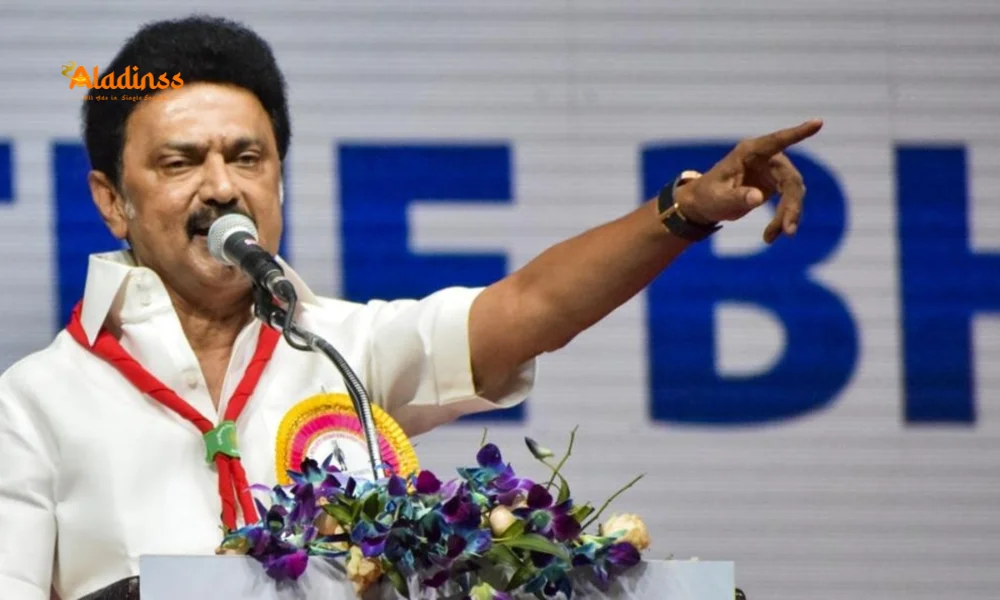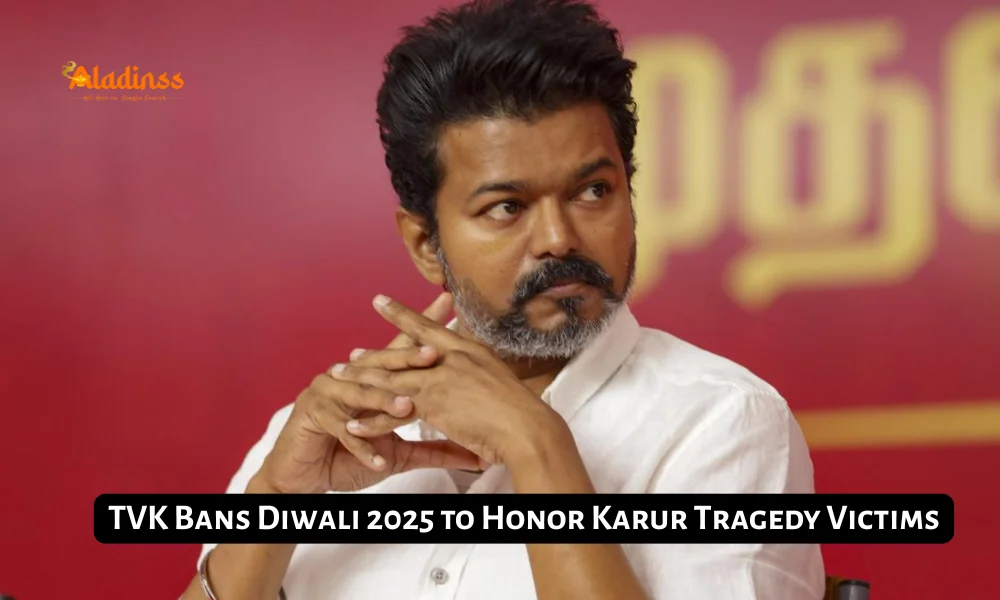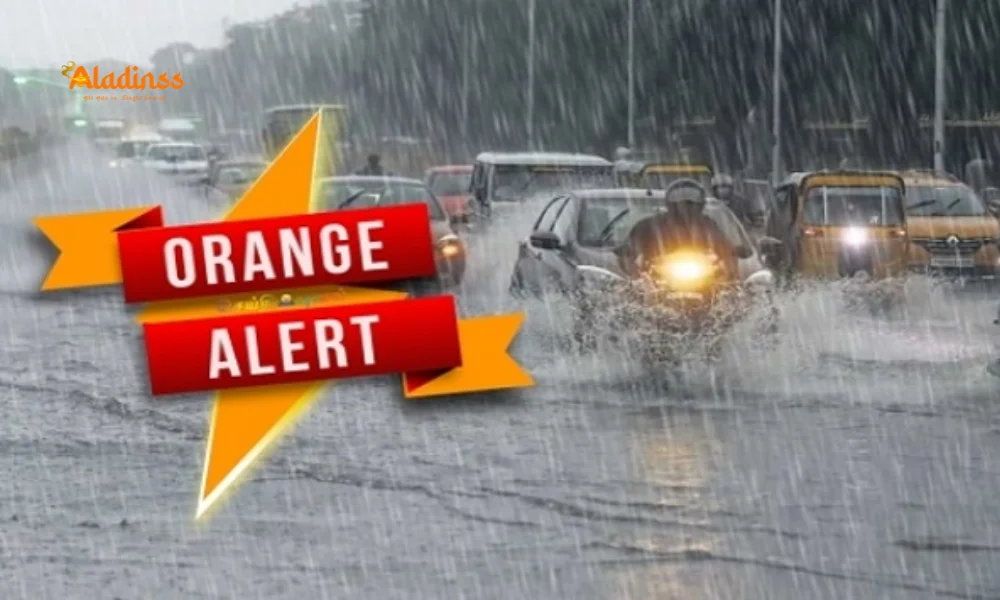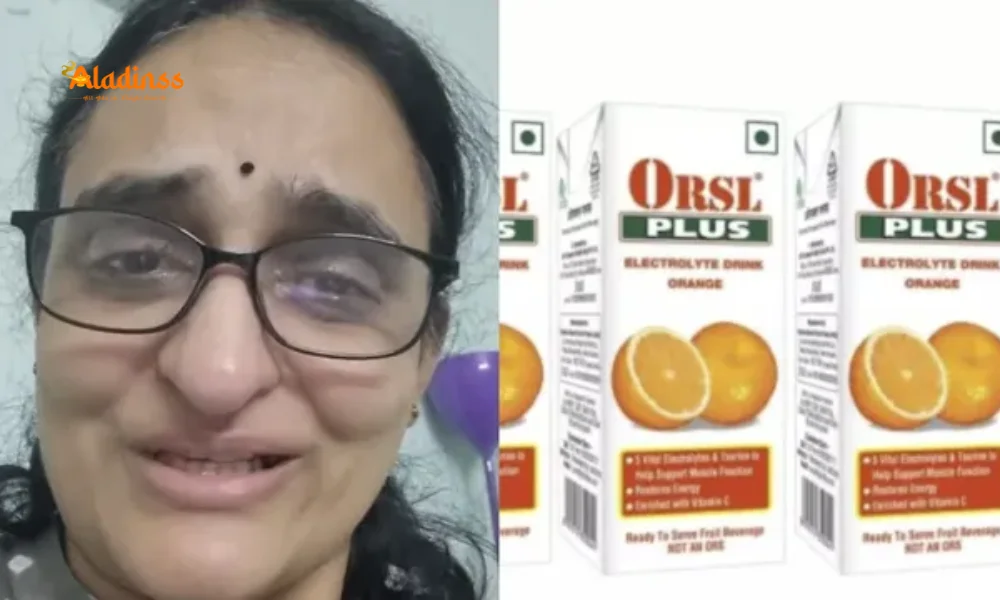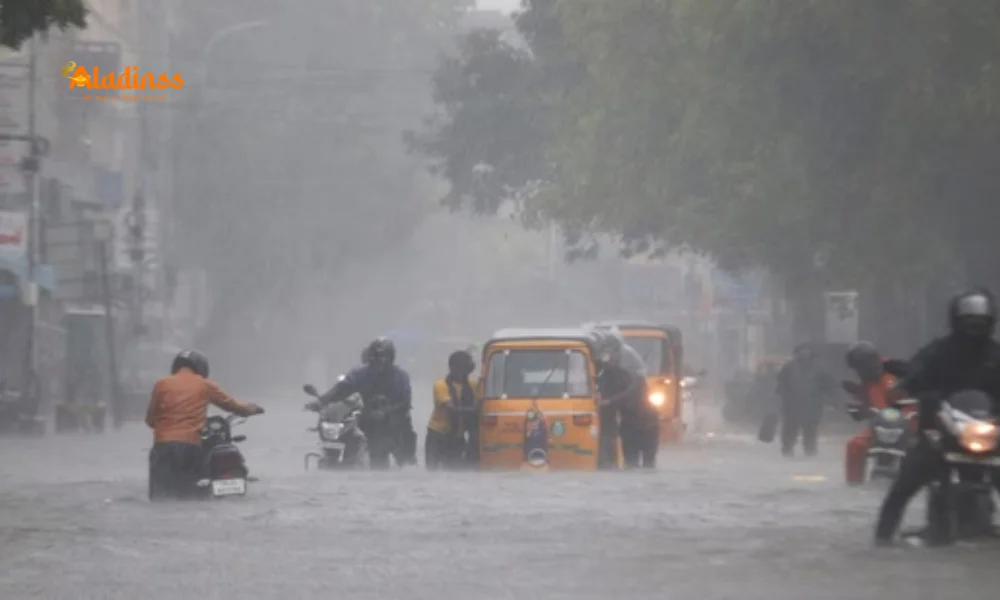Karur Stampede: SIT Submits Docs for CBI Probe
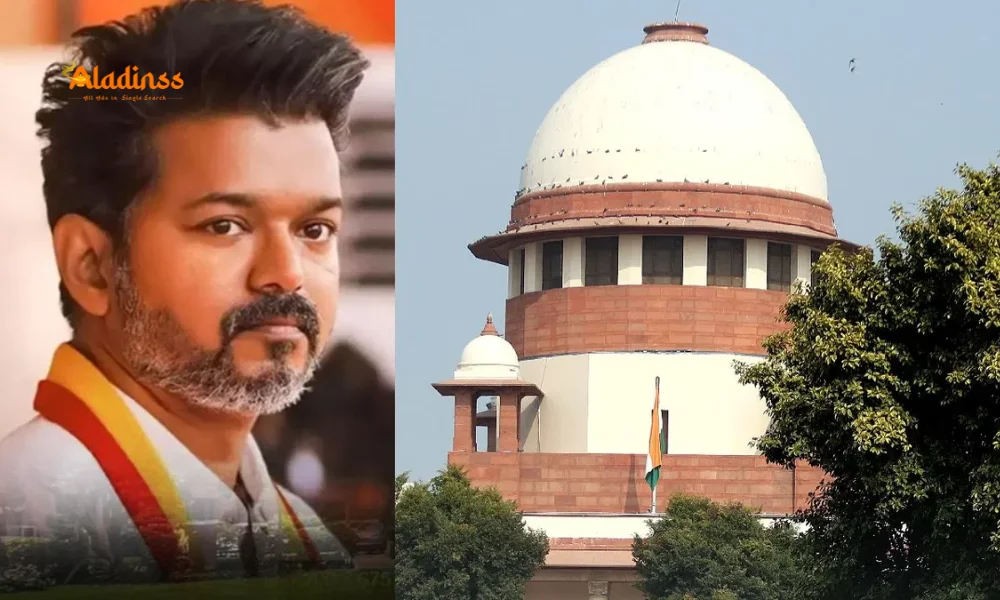
Karur Tragedy: SIT Submits Crucial Documents to Court for CBI Handover
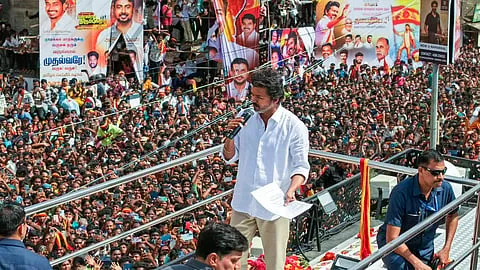
In a pivotal update to the Karur stampede case that shocked Tamil Nadu, the suspended Special Investigation Team (SIT) has submitted key documents and witness statements to the Karur Criminal Court. This move comes just a day after the Supreme Court's directive to transfer the probe to the Central Bureau of Investigation (CBI), ensuring a seamless handover amid the Karur tragedy investigation. The devastating incident during Tamilaga Vetri Kazhagam (TVK) leader and actor Vijay's rally on September 27, 2025, claimed 41 lives, mostly women and children, highlighting grave lapses in crowd management.
The Vijay rally stampede unfolded in Karur district, where thousands flocked to hear the popular actor-turned-politician. What was meant to be a triumphant campaign event turned into chaos due to overcrowding, with estimates suggesting up to 25,000 attendees far exceeding the permitted 10,000. Eyewitness accounts described a surge toward the stage, exacerbated by narrow entry points and lack of adequate security measures. The tragedy has since ignited debates on political rally safety protocols across India.
Following the TVK rally tragedy, Tamil Nadu police registered an FIR against several TVK functionaries, charging them with culpable homicide and criminal negligence. Chief Minister M.K. Stalin promptly announced ex-gratia payments of ₹10 lakh to victims' families and set up a one-man commission to inquire into the mishap.
The Formation of the Special Investigation Team
Responding to public outcry and a suo motu petition, the Madras High Court on October 3, 2025, constituted the SIT under Inspector-General Asra Garg. The court labeled the Karur stampede incident a "huge man-made disaster," criticizing the event organizers for inadequate preparations. The SIT swiftly moved to the site, collecting forensic evidence, interviewing survivors, and recording statements from over 100 witnesses. Their preliminary findings pointed to misrepresentation of crowd estimates and insufficient medical facilities, including the absence of water stations in the sweltering heat.
The team's work was thorough, involving drone surveillance footage analysis and coordination with local hospitals. However, the probe faced immediate scrutiny when TVK challenged the High Court's order in the Supreme Court, arguing it was passed without hearing the party. Justice N. Senthilkumar's bench had accused leaders, including Vijay, of "fleeing" the scene, a claim that fueled political tensions.
Despite these hurdles, the SIT compiled a comprehensive dossier, including autopsy reports, video logs, and logistical records from the rally venue. This material now forms the backbone for the impending CBI probe Karur stampede.
Supreme Court's Intervention and CBI Directive
The Supreme Court's October 13 ruling marked a turning point in the Karur tragedy probe. A bench comprising Justices J.K. Maheshwari and N.V. Anjaria described the event as one that "shaken the national conscience," emphasizing the need for an impartial inquiry. Citing concerns over state police bias—highlighted by senior officials' public defenses of subordinates—the court stayed the SIT and ordered the case transfer to CBI.
In a strongly worded order, the apex court noted, "Fair investigation is the right of a citizen," underscoring how political undercurrents could undermine justice for the grieving families. To oversee the process, a three-member committee was formed, chaired by retired Justice Ajay Rastogi, with two senior IPS officers to be nominated. The CBI must submit monthly reports, aiming for completion within statutory limits.
The decision also critiqued the Madras High Court's handling, questioning why a petition for standard operating procedures (SOPs) was treated as a criminal writ without Chief Justice's nod. This has prompted an explanation from the Registrar General, potentially reshaping judicial protocols for such cases.
SIT's Document Submission: A Smooth Transition
On October 14, 2025, the suspended SIT formally handed over its collected evidence to the Karur Criminal Court, complying with the Supreme Court's interim stay. The bundle includes detailed statements, site maps, and digital media that could prove instrumental in the Vijay campaign stampede investigation. Court officials confirmed the documents will be forwarded to CBI without delay, preserving the chain of custody.
This submission underscores the efficiency of the initial probe despite its brevity. Sources close to the matter reveal that the dossier highlights systemic failures, such as delayed ambulance deployment and poor inter-agency coordination between police and event organizers. For victims' kin, this step offers a glimmer of hope for accountability.
- Over 150 witness testimonies recorded by SIT.
- Forensic analysis of the stampede site, including pathway measurements.
- Permission documents showing discrepancies in crowd estimates.
- Medical reports from 200+ injured individuals.
The handover process was overseen by senior judicial staff, ensuring no tampering. Legal experts view this as a model for inter-agency transitions in high-profile cases.
Political Reactions and Broader Implications
The Supreme Court's order has elicited mixed responses in Tamil Nadu's charged political landscape. TVK, AIADMK, and BJP leaders welcomed the CBI involvement, hailing it as a step toward unbiased justice. TVK chief Vijay expressed solidarity with victims, pledging party support for affected families. In contrast, the ruling DMK plans to file counter-affidavits, defending the state machinery's initial response.
Social media buzzed with #JusticeForKarur, where netizens demanded stricter rally regulations. Posters of the 41 victims adorned TVK's Chennai office, a poignant reminder of the human cost. The tragedy has spotlighted vulnerabilities in mass gatherings, prompting calls for nationwide SOPs on crowd control, emergency exits, and real-time monitoring.
Experts argue that the Karur crowd crush analysis could influence electoral reforms, mandating tech like AI-driven crowd estimation. Meanwhile, the one-man commission under Justice Aruna Jagadeesan remains suspended, its findings to be integrated into CBI's work.
As the CBI gears up, questions linger on Vijay's role—though not named in the FIR, his star power drew the masses. The probe may unearth deeper issues of celebrity politics and public safety. For now, the document submission bridges the gap, paving the way for transparency.
Timeline of the Karur Stampede Saga
- September 27, 2025: Stampede erupts at TVK rally in Karur; 41 fatalities reported.
- September 28: FIR filed; ex-gratia announced; one-man commission formed.
- October 3: Madras HC sets up SIT led by IG Asra Garg.
- October 13: SC orders CBI probe, stays SIT, forms monitoring panel.
- October 14: SIT submits documents to Karur Court for CBI handover.
This chronology reflects the rapid judicial escalation, from local outrage to national scrutiny. The Tamil Nadu rally stampede serves as a cautionary tale, urging better preparedness for future events.
In the weeks ahead, the CBI's findings could reshape accountability norms, offering closure to a community still mourning. The Karur tragedy reminds us that behind every rally's fervor lies the fragility of human life, demanding unwavering vigilance from leaders and authorities alike.
Comment / Reply From
No comments yet. Be the first to comment!
